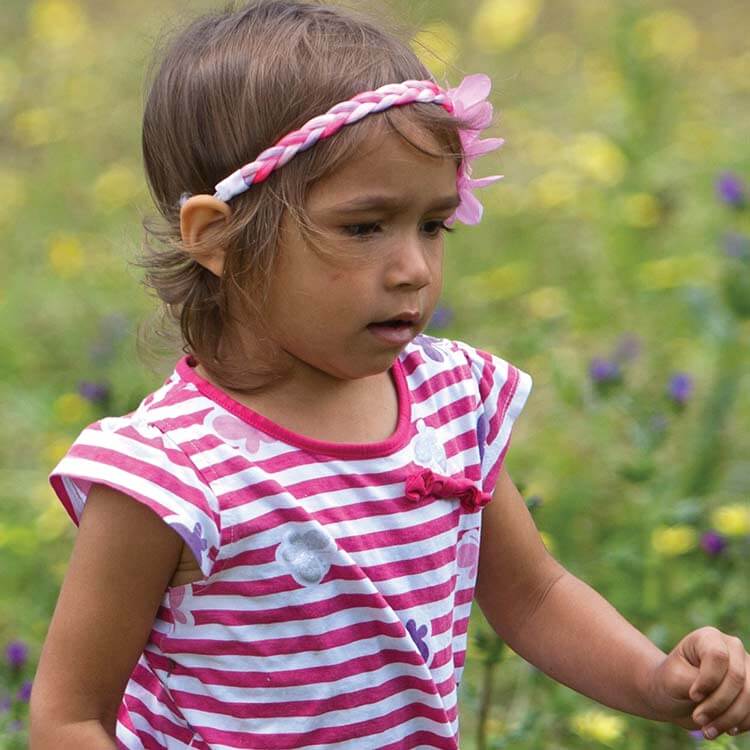Search

The Aboriginal Health and Wellbeing Team follows an holistic definition of Aboriginal Health which means that health is not just the physical wellbeing of an individual but includes the social, emotional and cultural wellbeing of the whole community.

The fifth Big Elders meeting/gathering was held on the Wednesday, 28th of February 2024 at Burswood on Swan.
Research
The Wellbeing and Engagement Collection (WEC): Promoting the importance of students’ wellbeing and mental health in schoolso help raise the profile of student wellbeing in the education system in Australia, The Kids Research Institute Australia and SA Department for Education through the Fraser Mustard Centre, set out to adapt and trial a population-level student wellbeing measure that could be used across the entire public and p
Research
Participation in the Wellbeing and Engagement collection in South Australian schoolsIn South Australian schools, students in Grade 4 to 12 are invited to participate in an annual survey about their wellbeing and engagement in school, referred to as the Wellbeing and Engagement Collection.
Research
Wellbeing and Engagement Collection (WEC) in the South Australian school systemThe aim of the WEC is to help teachers, school leaders and policy makers better understand and support the wellbeing and engagement of their students.

The Human Development and Community Wellbeing (HDCW) Team focuses on improving outcomes for children, family, and the community.

PAHL researchers use their expertise in motivation, behaviour change, resilience, communication, teamwork, confidence, and leadership to develop programs and services that improve people’s physical and mental health.
In 2018, an independent panel of world-leading researchers undertook a Scientific Review of the Institute.

The Kids Research Institute Australia thrives thanks to our patrons. Their unwavering support propels groundbreaking research for children's health.
The Kids Research Institute Australia's annual report highlights the accomplishments of our researchers, furthering our mission to secure a happier, healthier future for kids everywhere.
